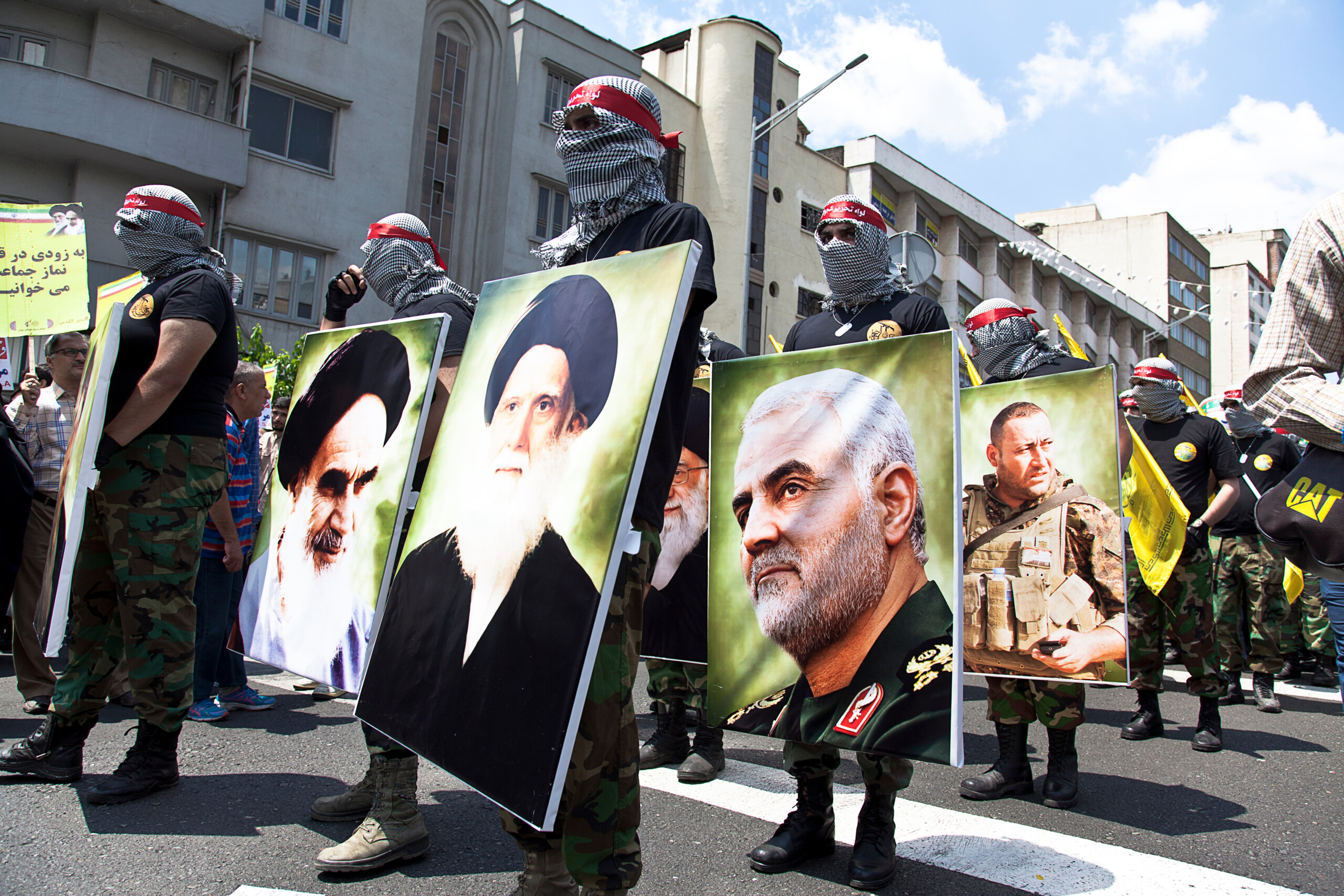Since 2011, my graduate Red Team class at George Washington University’s Elliott School of International Affairs has had a final exercise in which the students play an Iranian reaction to what actually just happened with Israel’s attack on Iran’s nuclear program. In the game, the students play the main Iranian government factions. They are deciding how to react to a Blue (American) proposal designed to contain the crisis before it becomes a major regional conflict. In the game the students play against Blue but also against each other to influence the Supreme Leader’s final decision regarding how to react to the American proposal.
The only constant in all games through 14 years is that no Iranian team ever seriously considered giving up the quest for nuclear weapons.
Over the years, the final outcome has largely been determined by the relations between Tehran and whatever administration was in power in Washington. Every year, I have anticipated a need for a new scenario expecting that Israel would strike. This year, it finally happened.
The student groups play the three power factions in Iran. These include the Guardian Council, the Iranian Revolutionary Guard Corps (IRGC), and the Executive Branch (which includes the office of the President and the Ministry of Foreign Affairs). A Supreme leader is selected from the class and tasked with making the final decision. This is what is called a Complex (multi-sided) Seminar War Game (or simulation). During the course of the semester the students study the motivations of their group in preparation for the game.
Not surprisingly, the Guardian Council group is primarily interested in staying in power and protecting the hereditary land ownership that makes them the primary landlords and agricultural power in Iran. The IRGC has two primary interests. First, as they guys with the guns, they control the population and quell unrest. Second, this is a “for profit” organization which owns the nuclear program. They will resist any attempt to seriously control or curtail their attempt to get nuclear weapons. Finally, the Administration Team represents what passes as adult supervision in Iran. They are primarily interested in seeing that the crisis not escalate into a full borne regional war, but they are also the weakest faction.
In the game, Iran has three primary political-military options: (1) Launch a major conventional missile/drone strike on Israel (2) close the Straits of Hormuz to U.S. and Western shipping (3) use surrogates to retaliate and punish Israel. In all cases, the American relief package contained the caveat that unlimited no-notice inspections would be part of the deal.
Wargames — particularly academic ones — are not meant to be predictive, nor are they meant to validate any plan or concept. They do tend to identify issues that planners should be aware of. During the Obama and Biden years, the Iranian response tended to be more restrained. They understood that closing the straits would be a “go to war issue” with the Americans and generally sought to respond to Israel through surrogates such as the Houthis, Hezbollah, and Hamas. They would usually agree to some form of IAEA inspections, but always vowed to subvert them. The only constant in all games through 14 years is that no Iranian team ever seriously considered giving up the quest for nuclear weapons. That is a significant issue.
This Year’s Game Not Like the Others
The 2025 game was a significant departure from the norm. In the real world, the Israelis, supported by the Americans and regional Sunni actors were able to swat aside a massive 2024 Iranian ballistic missile attack, and their Hezbollah and Hamas allies were crippled by Israel. Despite this, the 2025 IRGC student players — without much opposition from the president or Ministry of the interior — opted for a massive retaliatory attack on Israel with the potential of closing the Straits on the table. This was done in the full knowledge that Israelis would likely double-down in their attacks.
War games are not meant to be predictive, but in this case, it was. The real world Iranians launched a massive retaliatory strike on Israel near-immediately which indicates preplanning. They knew they were going to get whacked. The student explanation was that they were taking the long term view of wearing the resolve of Israel and the West. Although they didn’t allude to it directly, they were attempting to outlast the Israelis and Americans down as the North Vietnamese did in the 60s and 70s of the last century.
The wild card in all of this is that the GWU games did not postulate the decapitation strikes on the IRGC leadership and infrastructure that actually happened, nor did we have a civilian team to attempt to simulate a population response and we would not have had enough cultural data to even try. The question of whether the Iranian population will exhibit the loyalty and stoicism of the North Vietnamese or turn on their theocratic masters is the dog that has not yet barked in this situation.
I picked a good year to decide to retire from teaching. I would have to have created a new scenario, and I hate it when that happens.
READ MORE from Gary Anderson:
Is Climate Change Destroying the Environment?
It’s Time for Trump to Wield the Stick Against Putin
Gary Anderson has lectured on Red Teaming and Alternative Analysis at GWU since 2003.
























